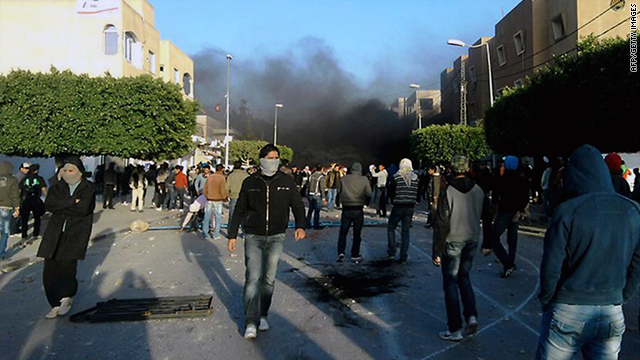By Christina Berger
Impunity Watch Reporter, Europe

HALL, Austria – A mass grave discovered at a mental hospital in the Tyrol Province is thought to contain up to 220 disabled victims of the Nazi euthanasia program. The remains of people buried between 1942 and 1945 were discovered while the hospital was excavating part of their land for new buildings. Construction was immediately halted to allow for an investigation and identification of the dead. Exhumations will begin in March.
A group of historians led by Oliver Seifert recently found a map that outlines a former cemetery at the hospital. Seifert said at a press conference, “At this stage we can’t say that all 220 people were victims of the Nazi euthanasia programme but one of the central questions we will be looking into is how they died.”
He went on to note that documents discovered recently during a reorganization of the hospital archives show that the death rate of Hall patients went up considerably towards the end of the war. Previously there had been no documentation supporting the idea that patients at the Hall hospital were murdered during the Nazi program, though it’s believed that 360 patients from Hall were taken to other institutions to be killed.
According to the Guardian UK, Christian Haring, deputy medical director of the hospital, said authorities were working on the theory that the cemetery was built at a time when the hospital in Hall was considered as a possible site for an official Nazi euthanasia center. “It’s quite possible that the hospital cemetery was laid out in October 1942 with a view to using Hall for euthanasia,” he said. He added that patients died in significant numbers, with 30 deaths registered in March 1945 alone.
The hospital put out a global appeal for anyone who believes their relatives might be one of the victims buried there to contact the hospital. It also asked for possible witnesses to come forward with any information that might be useful.
“Every memory has the potential to help us in researching the history of this cemetery,” a spokesman said.
Nazi-controlled Germany annexed Austria in 1938. In 1939, Adolph Hitler officially instituted a euthanasia program where those patients deemed “incurable” could be granted “mercy-killing.” Midwives and doctors were required to report all newborns born with severe disabilities or hereditary diseases such as “idiocy and Down’s syndrome, microcephaly, hydrocephaly, malformations of all kinds, especially of limbs, head, and spinal column; and paralysis.”
More than 70,000 people were killed by the Nazis for being disabled during the official program, though there is evidence that German physicians continued after the official program ended in 1941, killing a total of about 275,000 disabled under the euthanasia program.
During the program, forms were sent to institutions in Germany and Austria, and when they were returned each patient had a plus or minus sign next to their name, marking them for life or death.
For more information, please see:
CNN – World War II-era Nazi mass grave thought found – 6 Jan. 2011
BBC – Nazi-era graves to be dug up in Austria – 5 Jan. 2011
SCOTSMAN NEWS – Austria: Graves of missing Nazi eugenics victims found – 5 Jan. 2011
TELEGRAPH – Nazi-era mass grave discovered in Austria – 4 Jan. 2011
GUARDIAN – Remains in Austrian hospital graveyard may be Nazi euthanasia victims – 4 Jan. 2011


